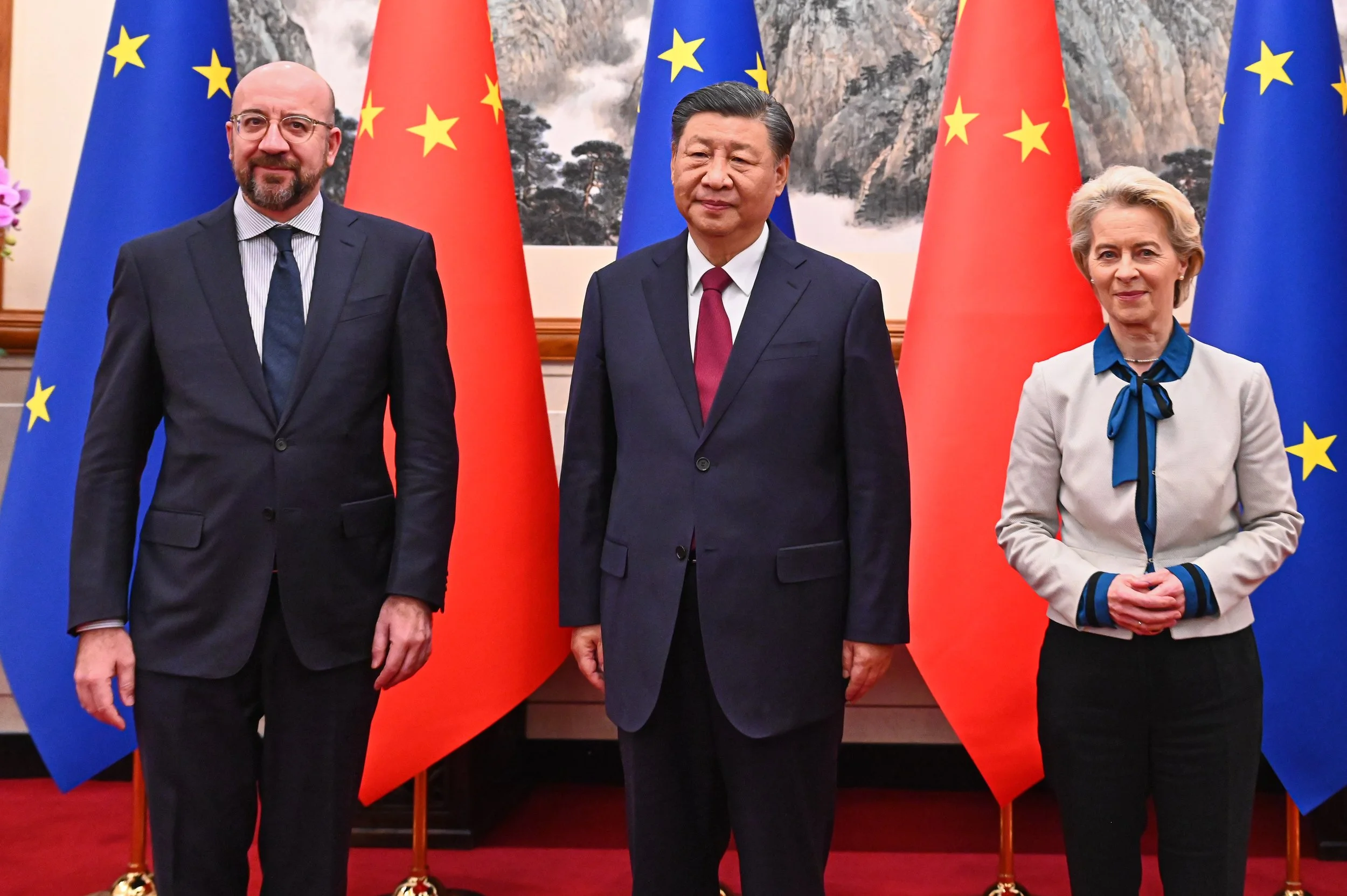Written by Dr Una Aleksandra Bērziņa-Čerenkova
Risks remain for Europe not just internally, but also externally, as China's support for Russia in its war against Ukraine and US pressure for a unified transatlantic approach limit the EU's room for manoeuvre.
Read More












